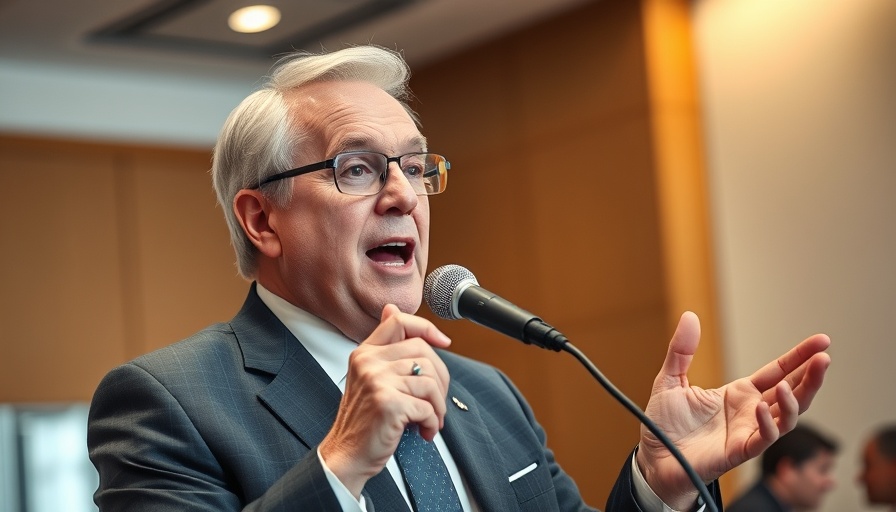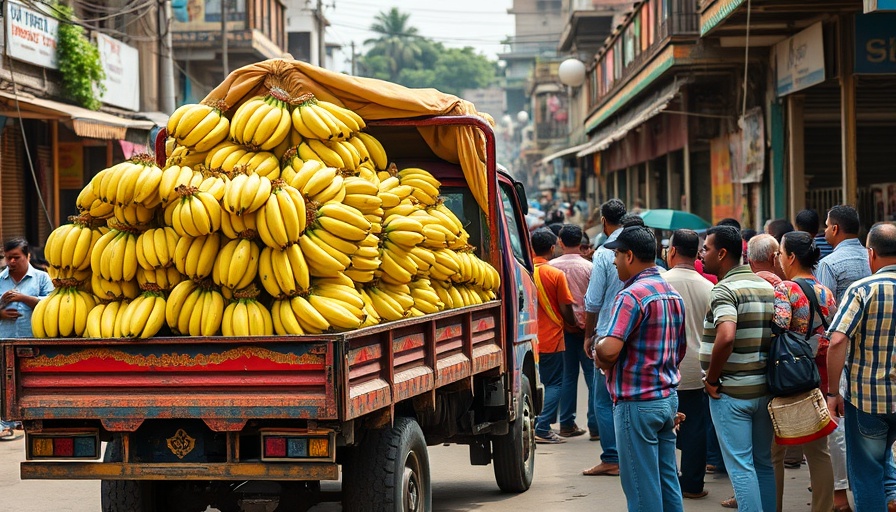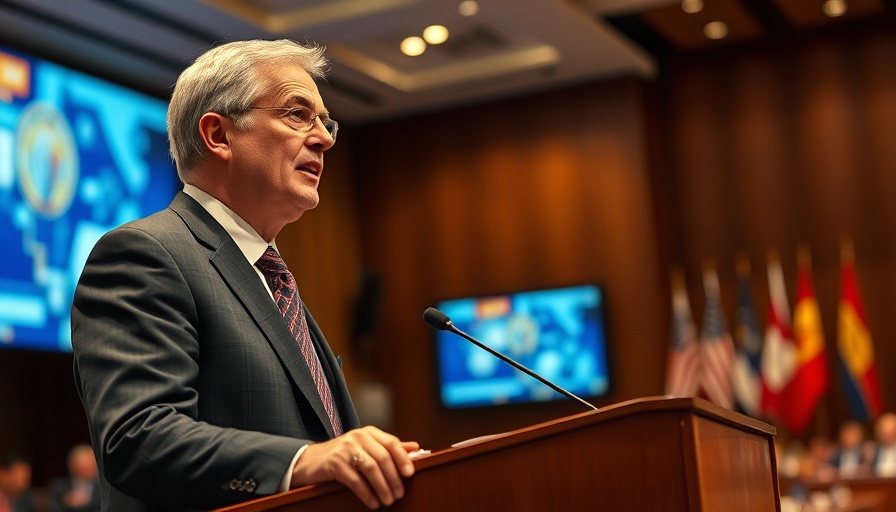
China’s Growing Influence in the Caribbean: A New Partnership
The geopolitical landscape in the Caribbean is experiencing a significant evolution, especially marked by Antigua and Barbuda's recent agreement with China, which includes a $14 million grant aimed at fostering sustainable socio-economic development. Prime Minister Gaston Browne's remarks underscore the value of this partnership; he emphasizes China's respectful and consistent approach compared to traditional partners. This development invites a broader dialogue about how Caribbean nations are navigating their foreign relationships and the implications they hold for national sovereignty and local development.
Unlocking the Blue Economy Potential
Central to the grant is a feasibility study focused on Antigua and Barbuda's blue economy—a sector ripe for growth through sustainable oceanic use. As global tension heightens, positioning in this emergent market could enhance the region’s economic resilience and innovation landscape. By cultivating marine resources sustainably, Antigua and Barbuda aims not only for economic gains but to also set itself as a regional leader.
Broader Societal Implications of New Settlements
Another pressing issue unfolding in the Caribbean is Dominica’s Prime Minister Roosevelt Skerrit’s suggestion of inviting Palestinian settlers, which raises questions about immigration and integration strategies. This proposal could bring talented individuals into the region, but it also sparks public discourse on balancing socio-economic needs with cultural integration and identity preservation. As countries like Dominica consider these moves, they reflect a broader global narrative concerning migration and the clash of different cultural values.
Creating Opportunities Amid Global Uncertainty
The Caribbean, currently navigating delicate relations amid global power shifts, must strike a balance between attracting foreign investment and maintaining sovereignty. This intricate dance is crucial as it not only influences economic outcomes but also shapes local sentiments towards governance and community integration. As nations set forth on their chosen paths, engaging with their citizens about the implications of these partnerships will be key to fostering a supportive national dialogue.
 Add Row
Add Row  Add
Add 




Write A Comment